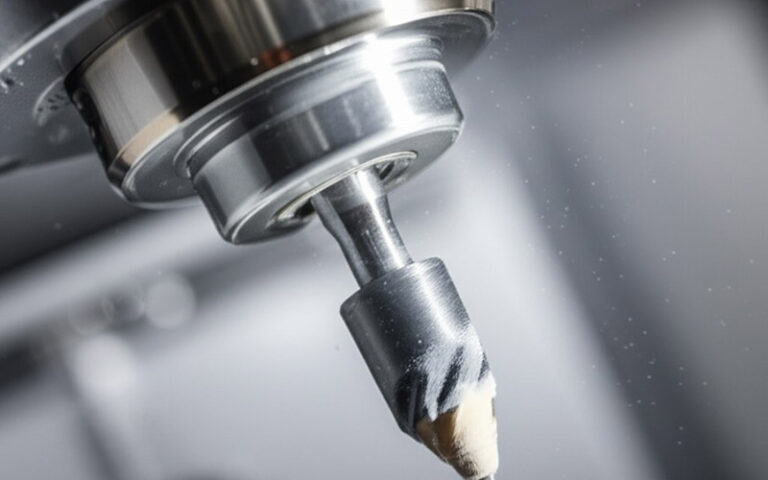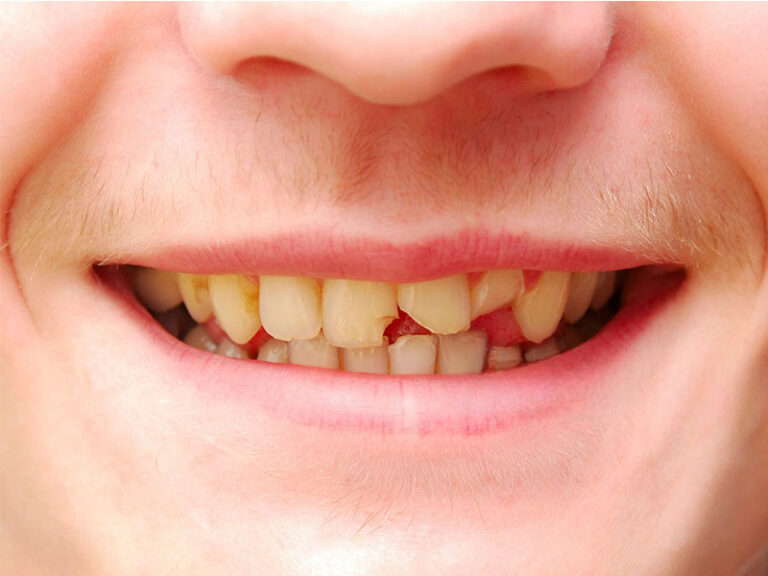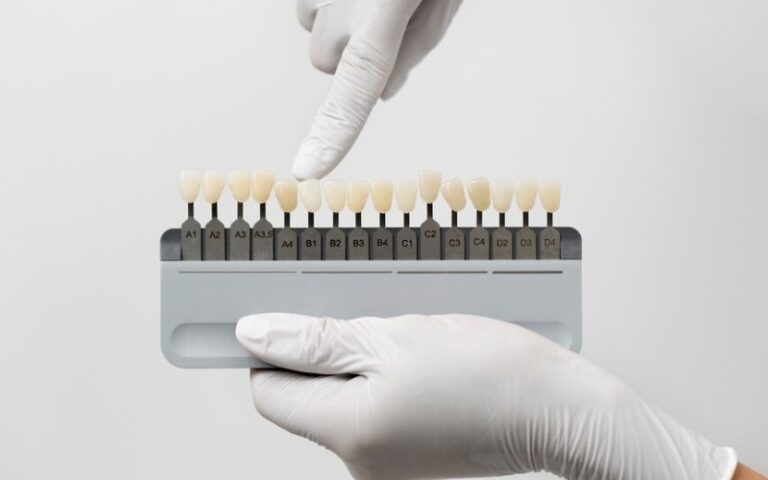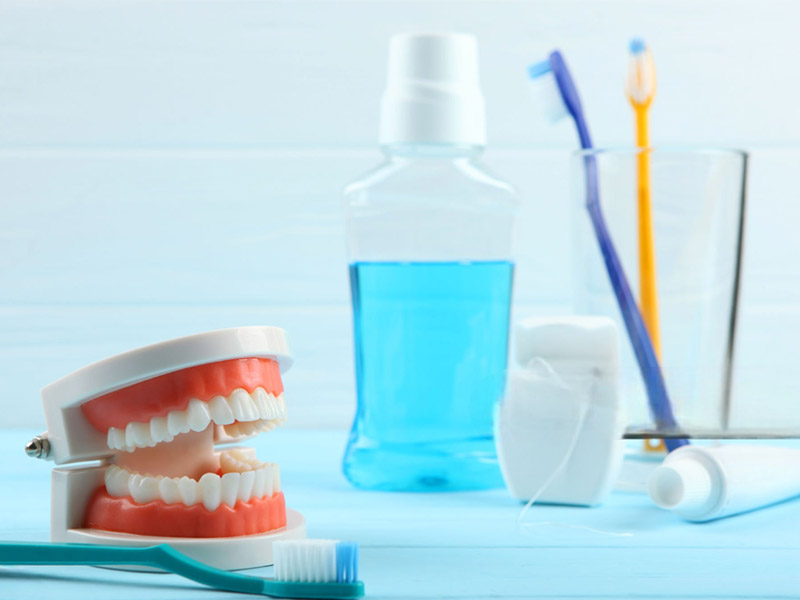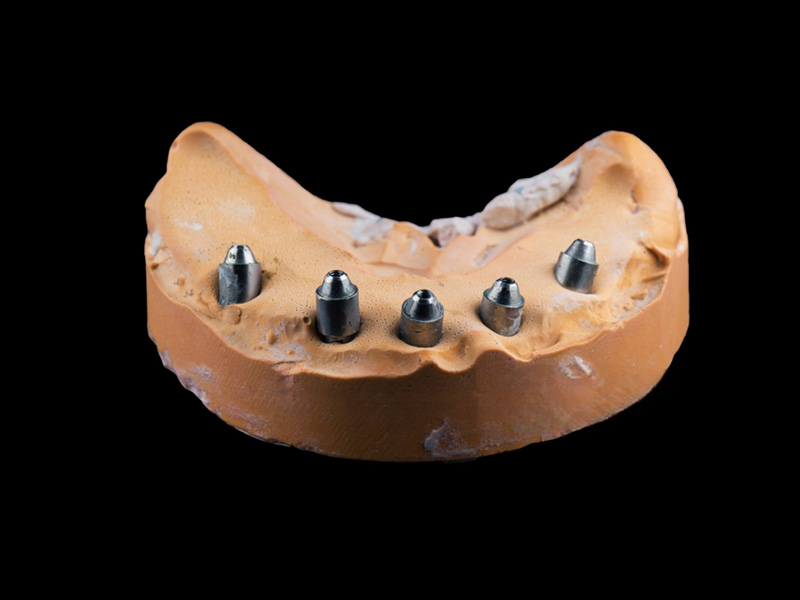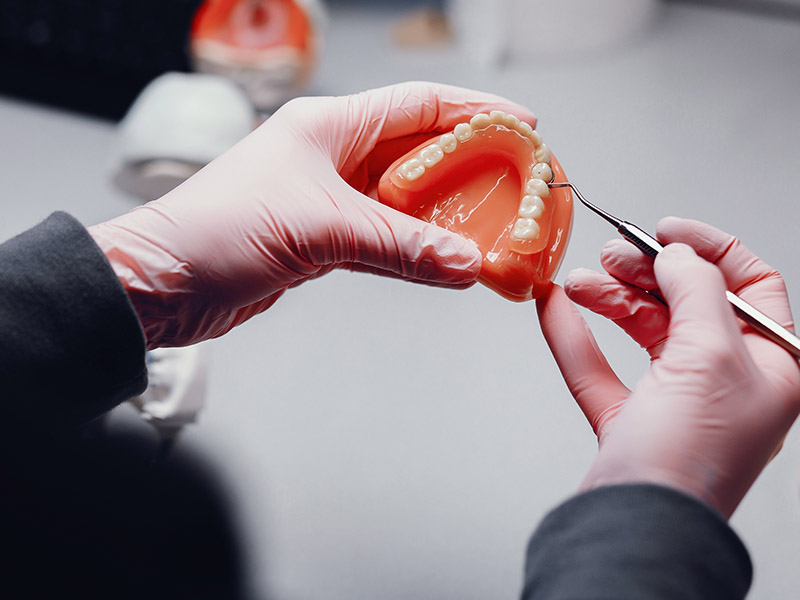
A Doctor’s Guide to the Different Types of Dentures: Options, Costs & What to Expect
If you’re looking at this, chances are you or someone close to you is thinking about dentures. Believe me, I’ve been there—feeling unsure, weighing the pros and cons, and a little worried about what’s coming. When I first started learning about dentures, it was easy to get lost in all the dentist speak and sales talk. That’s why I want to tell you what I wish I knew, so you can bring back your smile, confidence, and eat what you want—without all the confusion.
This guide comes from real-life experience, trusted medical sources (like the American Dental Association and dentists who make dentures), and good old conversations with regular people who’ve been through it all. If you want solid answers—the kind you’d get from a good friend who cares and knows their stuff—this is for you.
Table of Contents
First Choices: Complete Dentures vs. Partial Dentures
Let’s start with the basics. Trust me, knowing where you stand helps a lot. Most people—myself included—first need to figure out the difference between full dentures and partial dentures.
Complete (Full) Dentures: For When All Teeth Are Gone
When I thought about dentures, my dentist asked if I’d lost all my teeth on my top or bottom jaw (or both). If you have, then full dentures are for you.
Regular Full Dentures
Here’s what happened with me: After my teeth came out, we waited a few months for my gums to heal. After that, we started the denture process. The plus? The fit was much better and felt tighter. The downside? I had to be without teeth for a while, which was tough, especially with eating and talking.
- What I liked: Once I healed, they fit well and felt normal.
- What was hard: Waiting months with no teeth made me feel a bit embarrassed.
Instant Full Dentures
Don’t want to go any time with no teeth? That’s where instant dentures help. The dentist makes them before your teeth are pulled so you pop them in right away.
- The good thing: No time with an empty smile.
- Surprise for me: My gums kept shrinking while they healed, so these needed adjustments often. They’re more of a “while you wait” step before your final pair.
Partial Dentures: For When You Still Have Some Teeth
If you still have some good teeth, think about partial dentures. When I looked into this for a relative, I saw how helpful they are to keep your other teeth in place and fill empty spots.
Metal Partial Dentures
These have a metal base with hooks that grab onto your real teeth. My uncle went with these, and this is what we learned:
- Best for: Lasting a long time.
- Downside: If they’re on your front teeth, the metal hooks can show.
Flexible Partial Dentures (like Valplast)
When my cousin got a Valplast flexible partial, we were surprised by how soft and comfy it was. They’re soft plastic—no metal. The hooks match your gums so they’re hard to spot.
- Great for: Folks allergic to metal or anyone who wants it to look very natural.
- Heads up: Very comfy, but can’t take lots of chewing like the metal ones.
Plastic Partial Dentures (“Flipper”)
These are light and cheaper. Often folks use them for a bit, like when waiting for something else (like an implant). My daughter had one while she waited, and it really helped her feel good in public.
- Good for: Short-term fixes while you wait.
- But: Not strong enough for everyday, long-term use.
The Modern Option: Implant Dentures
For years, I thought dentures just rested on your gums. Then my dentist told me about implant dentures—the “snap-in” kind you might have seen.
What Are Implant Dentures (Overdentures)?
These don’t just sit on your gums. They’re locked onto thin metal posts (implants) your dentist puts in your jaw. Want dentures that feel most like real teeth? This is what you want to look at.
I was with a friend during her implant process, and wow, she felt way more sure of herself. No jokes about dentures falling out at lunch!
Big Benefits: Why People Pick These
- Stay In Place: No more wobbly, loose teeth or clicking noises.
- Eat More Food: It’s easier to eat almost anything—my friend went back to eating corn right off the cob.
- Healthier Jaw: Old-school dentures can lead to faster bone loss, but implants keep your jaw strong.
- Look Good, Feel Good: They look and feel real—no wonder people love them.
Implant Denture Types
Bar-Type
A metal bar links your implants. The denture clips to this bar and stays in place.
Ball-Type
Each implant has a ball top, and your denture has sockets. Snap them together—done!
Both ways are a big step up compared to old gum-only dentures.
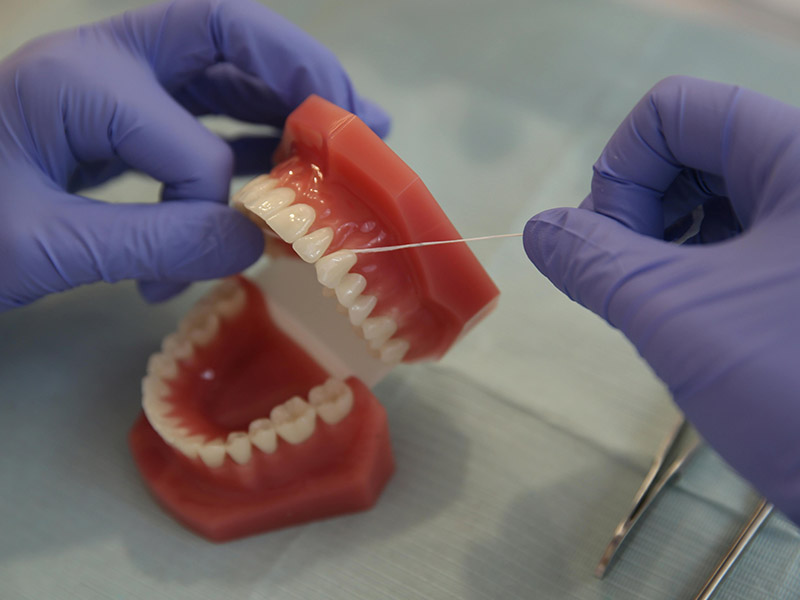
Compare Your Options at a Glance
Seeing it all next to each other made my own choice easier. Here’s a chart, like the one I used with my dentist, that puts the main types side by side:
| Denture Type | Full Denture | Metal Partial | Flexible Partial (Valplast) | Implant Denture |
|---|---|---|---|---|
| Best Use | All teeth gone | Some teeth left | Looks or no metal allergies | All gone, best hold |
| Estimated Price/arch | $1,000–$4,000 | $1,200–$4,500 | $900–$2,500 | $5,000–$20,000+ (with implants) |
| Lasts About | 5–8 years | 7–15 years | 5–8 years | 10–20+ years (denture wears first) |
| How Stable? | Okay–Good | Good | Good (softer feel) | Great (locks to jaw) |
| Chews Like Real Teeth | About 25–30% | 50–60% | 40–50% | 80–90% |
| Keeps Jaw Healthy? | No | A little | No | Yes |
| Looks | Good–Great | Good (hooks show) | Great (blends in) | Great (most real look) |
| Big Plus | Cheaper, no surgery | Strong, saves teeth | Comfy, metal-free | Stops bone loss, super solid |
| Big Minus | Can get loose, taste changes | Pressure on teeth, can show | Not strong for hard chewing | Pricey, surgery needed |
Having this chart helped me a lot during visits.
The Denture Process: Step-by-Step
If you haven’t gone through it before, here’s what happened to me and what usually goes on, whether you’re getting a full set or just a few teeth.
1. First Visit and Checkup
First, my dentist checked my mouth, took X-rays, and we talked a lot about what I wanted and my health. Even hobbies and favorite foods came up!
2. Molds for Fit
They took molds of my mouth (kind of messy, but harmless) to get the shape just right.
3. Practice Try-In
I got to “test out” a set of fake teeth in wax. This let me see how they’d look and feel—and give my opinion.
4. Getting the Real Ones
The real dentures arrived a bit later, and my dentist made sure everything fit and taught me how to clean them. The first real smile with them in? Amazing.
5. Fixes and Adjustments
It’s normal to need a few tweaks as you get used to them. If anything pinches or hurts, don’t wait—just ask for an adjustment.
Denture Costs Explained
Let’s be real—money is a big worry for most folks. I was concerned too, so here’s what I found when I was figuring it out:
- Budget Dentures: $600–$1,500 for each row of teeth (top or bottom). These are basic and cheaper, but may not last as long.
- Average Dentures: $1,000–$4,000 for each row. This is what most people get.
- High-End Dentures: $2,000–$8,000 for each row. Top materials, best look and fit.
- Partial Dentures: $900–$4,500, based on which type you pick.
- Implant Dentures: $5,000–$20,000 or more for each row. Pricey, but you get a much better result.
What Changes the Price?
- What It’s Made From: Nicer materials look better, feel better, and cost more.
- What Type: Full, partial, how many implants—more steps, more cost.
- Where You Live: Big city dental prices are usually higher.
- Dentist’s Skill: Specialists usually charge more, but may do even better work.
- Insurance: Some dental insurance helps pay for regular dentures, but not always for implants. Medicare/Medicaid for adults doesn’t help much.
- Payment Plans: Many dentists offer monthly payment plans. Don’t be shy—just ask!
Frequently Asked Questions (FAQ)
How long do dentures last?
For me and most friends and family I know, regular dentures lasted about 5–8 years before needing a new pair or a serious fix-up. Fancier ones can last longer. Implant dentures can hold up to 20 years if you care for them.
Is it hard to eat and talk with dentures?
Yes, at first. I stuck with soft stuff—like soup and mashed potatoes. Talking was weird at the start, but reading out loud helped a ton. After a month or so, it felt normal.
How do I clean them?
- Rinse after you eat, to clear food and germs.
- Brush gently—never use regular toothpaste, as it can scratch.
- Soak them at night in cleaner.
- Brush your gums and any real teeth—keeping your mouth clean is more important than ever.
Sleep with dentures in?
I’ll tell you straight: I sometimes forgot to take them out. But you should take them out at night. It gives your gums a rest and stops sore spots and infections.
Why are my dentures loose?
Your jaw loses bone over time with regular dentures. A fix or a new pair fixes this. Implants help stop the bone loss.
Will people know I have dentures?
Modern dentures—especially the pricier, custom ones—look so real most people won’t notice at all.
Are there other options?
If you qualify, dental implants or bridges (which are locked in place) are also worth talking over with your dentist. Each has pros and cons for cost, bone health, and how easy they are in daily life.
What if I gag?
Some people, like me, struggle with gagging at first. Tell your dentist—they can adjust things, make them thinner, or pick a softer style.
Conclusion: Picking What’s Right for You
If you remember only one thing from my story, make it this: the best dentures are the ones that work for your life—your needs, your day-to-day, your wallet. Not just what’s trendy or “top of the line.”
I learned that being open and honest with your dentist really helps. Ask anything—no question is weird or silly. Put your comfort and health first.
Ready for the next step? Go see your dentist or a denture expert. Nothing beats working right with someone who listens and helps you choose what’s best.
Just know: today’s dentures are more comfy, more real-looking, and can change your life for the better. Welcome your new smile—every time you look in the mirror, hang out with friends, or bite into your favorite food, you’ll be glad you did.
Everything here comes from real life, hours of reading, and lots of chats with dentists. I hope this makes your own denture adventure a little easier, and a whole lot less scary.

